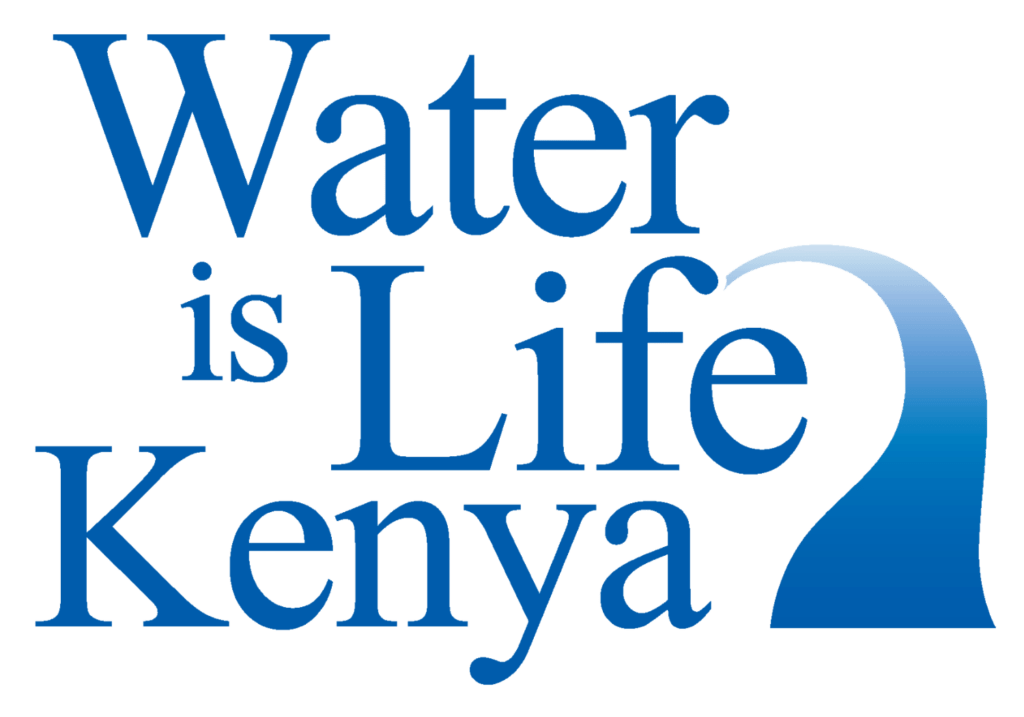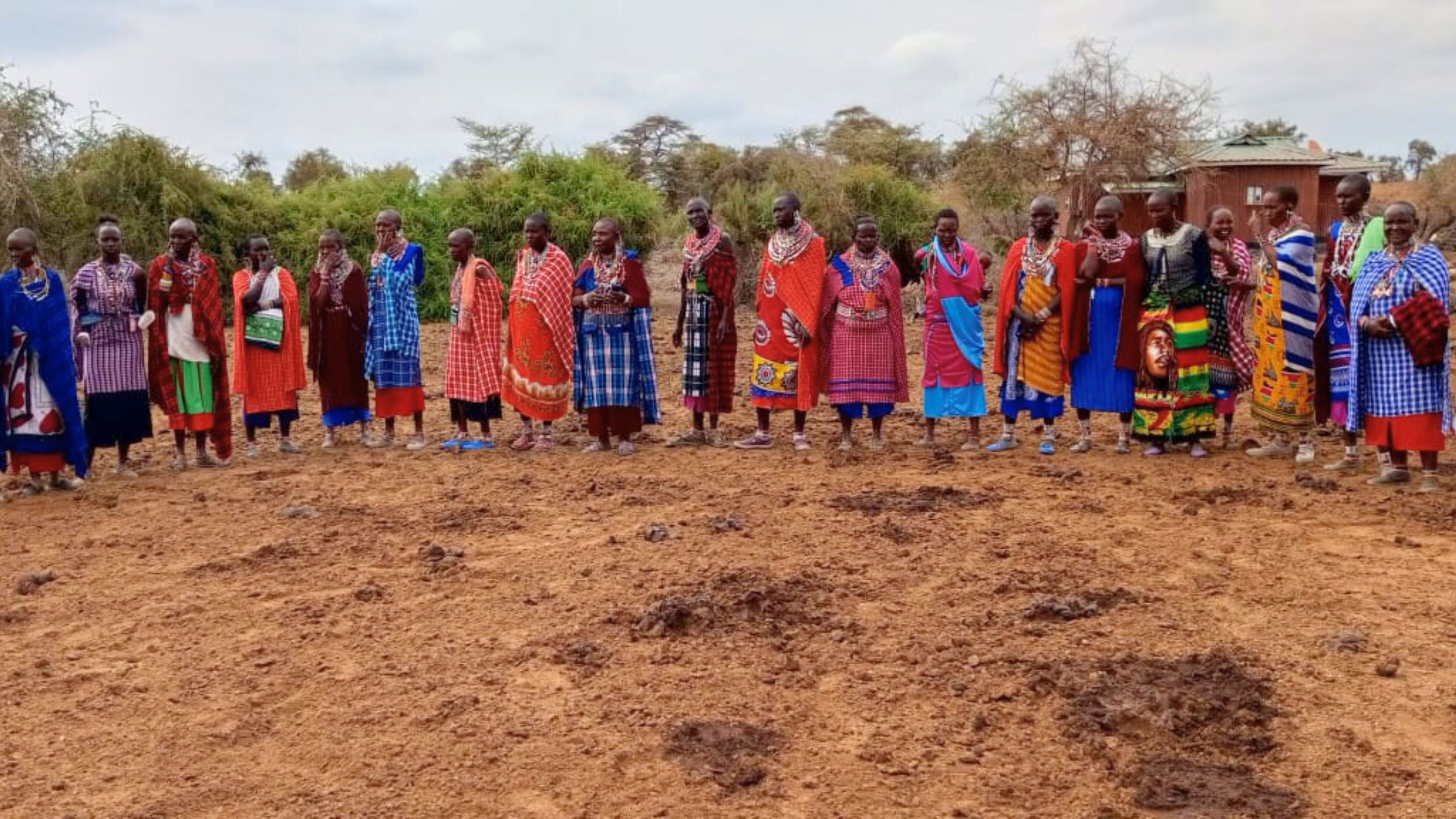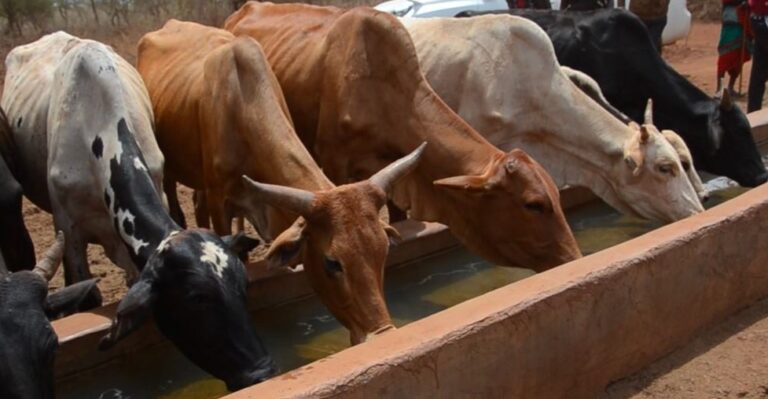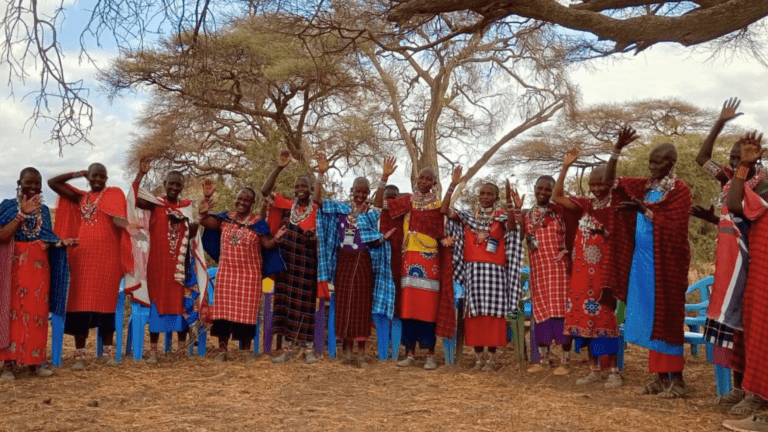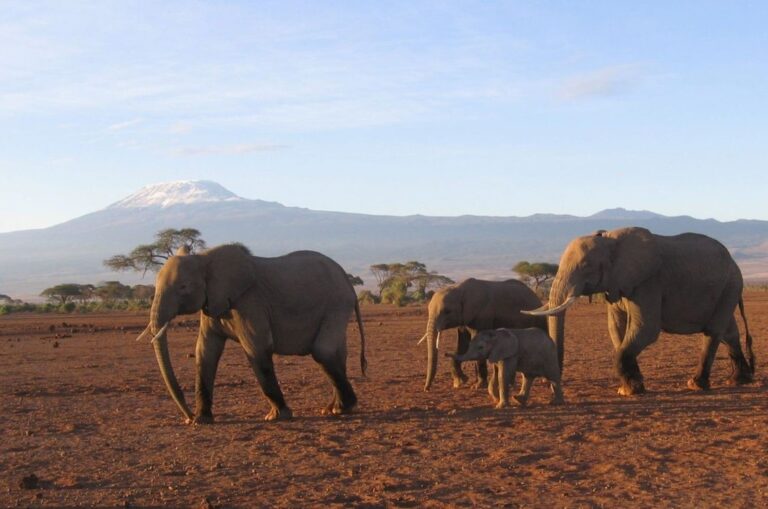The drought is over, and it’s time for recovery and growth. In 2024, we aim to build up resilience and the adaptive capacity that’s part of our human nature. Let’s look at what we at Water is Life Kenya (WILK) have planned to help our Maasai friends in Kenya this year.
New Water Projects
Our donors helped us and those whom we serve get through the ferocious drought. The generosity of our WILK community funded water projects, food relief, and the restocking of livestock. The supply of clean water from our dozens of water projects also supported life and kept people clean and healthy.
This year, with your generosity combined with the power of strong partnerships, our Water, Sanitation and Hygiene (WASH) Program will bring more clean water to at least three new communities in southern Kenya: Lositeti, Olmoti, and Olasiti. Currently, we’re standing by with the drilling machine to break ground in Lositeti for their water project.
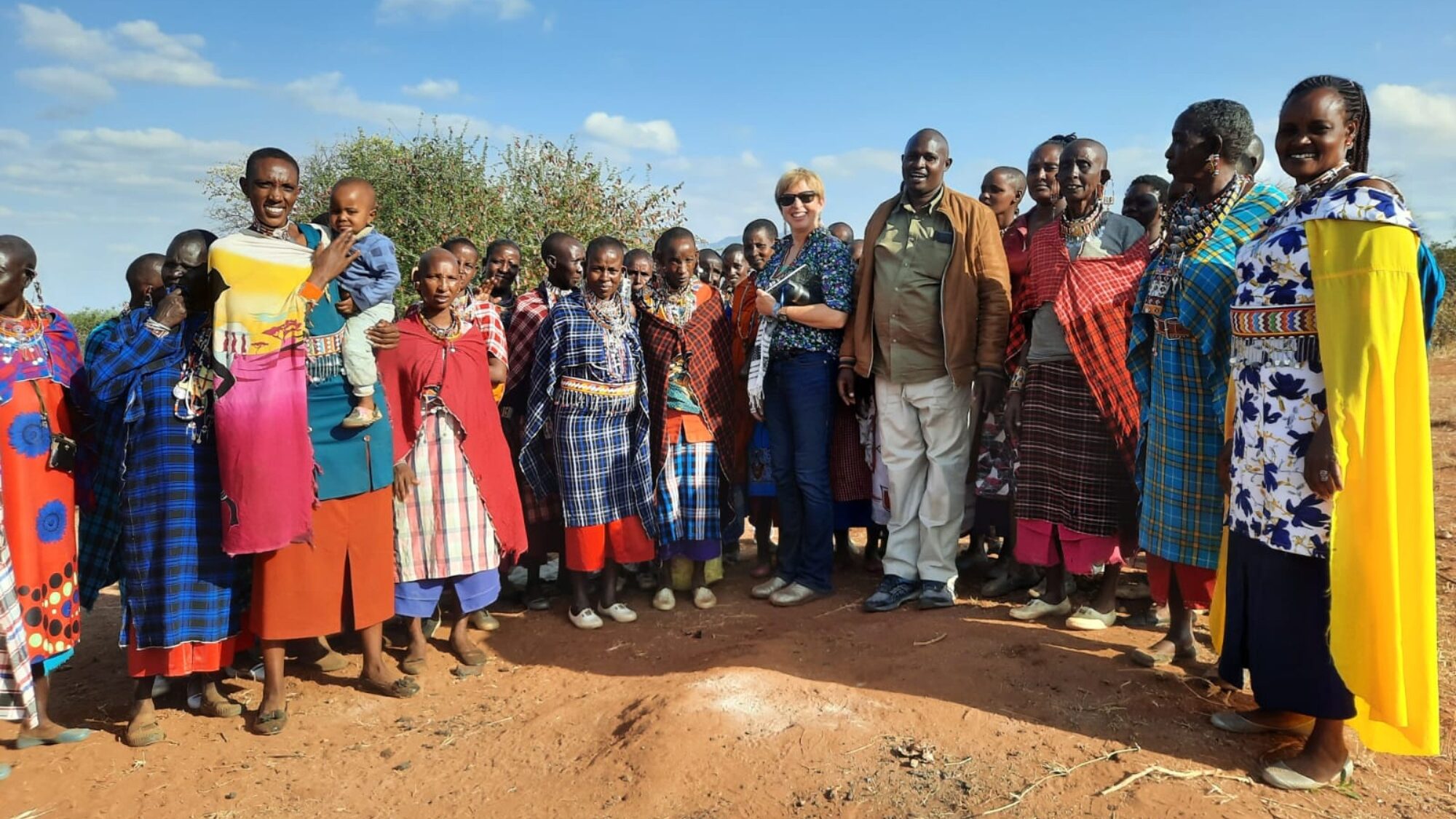
Continuing the LAB Reboot
WILK’s Livestock as a Business (LAB) Program has been teaching many farmers critical skills. LAB members, past and present, reported that most of their livestock survived the drought. Some goals of LAB’s training are to improve the management of and increase the income from livestock, the main source of income in our region. And it works. Learned skills (pasture conservation, disease prevention and control, well-timed buying and selling of livestock, and drought cycle management) empower livestock farmers to manage their resources and keep their animals alive, their families fed, and their children in school.
WILK’S LAB program reboot is going strong. Nine groups received training and livestock loans this past fall. The cattle purchased with livestock loans in November and December are fattening nicely and will bring profit to the groups.
Currently, more women’s groups than men’s groups want to join LAB. But we found higher-than-expected livestock losses in some families of women LAB members. Although we train them, when it comes to actual decisions all these women can do is say to their husbands, “We learned it’s good to sell livestock on time, before they are too skinny, and use the money from the sale to manage our other cows.” Not every husband listened to his wife, so cows died. We plan to extend this program to reach more men, who make the decisions for livestock in their families.
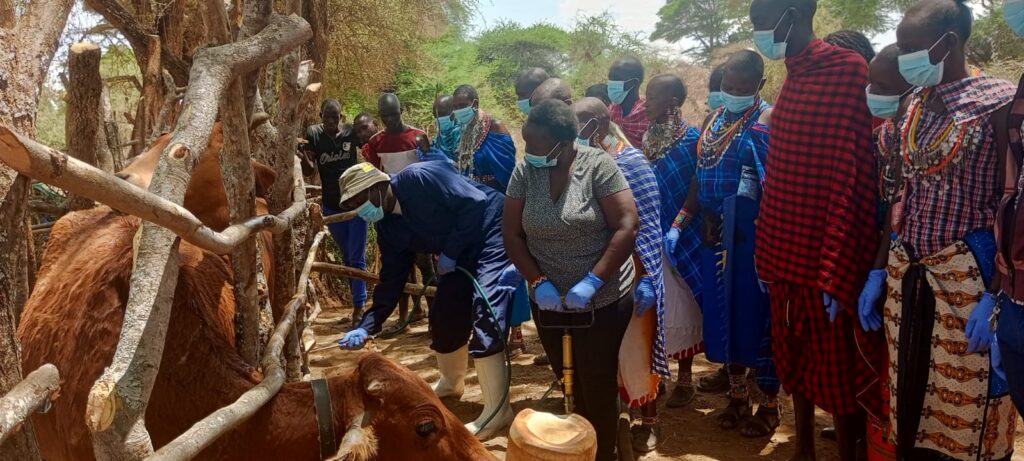
Our own Livestock Farmers – Larasha and Nelson
At the cattle restocking ceremony last year, we gave a mini-LAB lesson to the recipients of the livestock and the other attendees. The reception of the message was good, especially since the benefits of the training were obvious. WILK co-founder, Joseph Larasha, hosted the ceremony at his home in front of his newly constructed animal feed store.
He said, “You can feed cows at home and save your cows. When cows stay home, they save energy and don’t need as much food since they no longer walk long distances.” People saw how healthy and numerous his cows were. They also saw the feed store, which he’s filling with food to prepare for the next drought.
Nelson Tinayo, WILK field officer and member of the Ilmarba Livestock Farmer Group (which lost cows during the drought), shared his experience at the ceremony: “There is no reason for the drought to kill cows if we store food for our cows and sell at the right time. You need to look at your capacity to feed the cows you have. When you can’t feed them all, sell some to buy food for others and those will survive.”
The LAB Graduate Cooperative
One powerful tool for training is through the new livestock cooperative formed by individuals who are members of graduated groups. In Kenya, a cooperative is “a self-governing group of people who have come together to address their economic, social, and cultural needs and aspirations through a business that they own and control democratically.”
The Nashumu Cooperative (meaning “to lift up”) was formed in 2019 to promote continuing economic development and a community of smart livestock farmers. The 45 cooperative members come out of livestock farmer groups that completed four years of the LAB program. They didn’t want to lose the benefits of training, good community spirit, continuous learning, and camaraderie of the LAB program. Their main activities are to buy, fatten, and market livestock.
With support from WILK in 2024, the cooperative can be a powerful example of successful livestock keeping in WILK’s work region and a force to propel recovery from the drought. A main area of focus for both LAB and the cooperative will be to implement and provide good examples of pasture conservation and improvement, focusing on the construction of stores, improvement, and protection of grasslands.
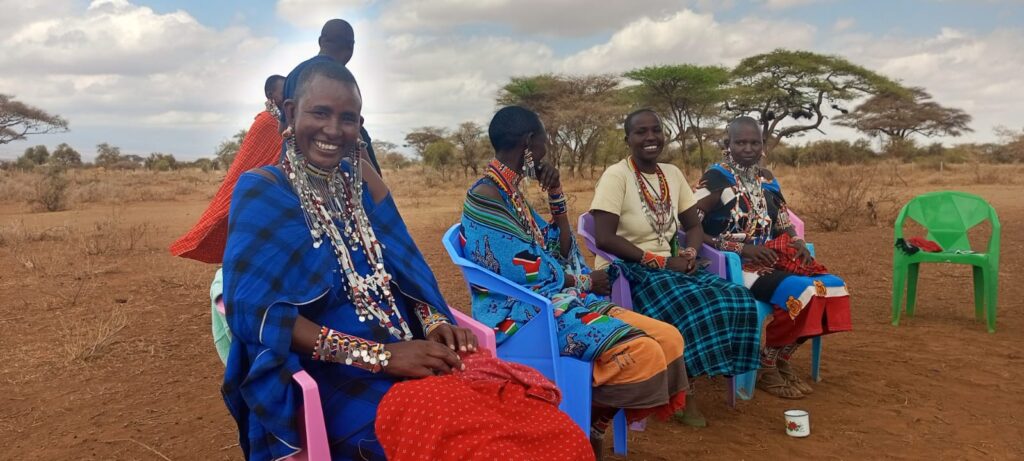
Look for More from WILK
With your support, we look forward to great things ahead as we work together for a 2024 full of growth and prosperity. Thank you for ALL YOUR GENEROUS SUPPORT, and best wishes for a brilliant year ahead!
Much Love,
Joyce Tannian and the WILK USA and WILK Kenya teams
